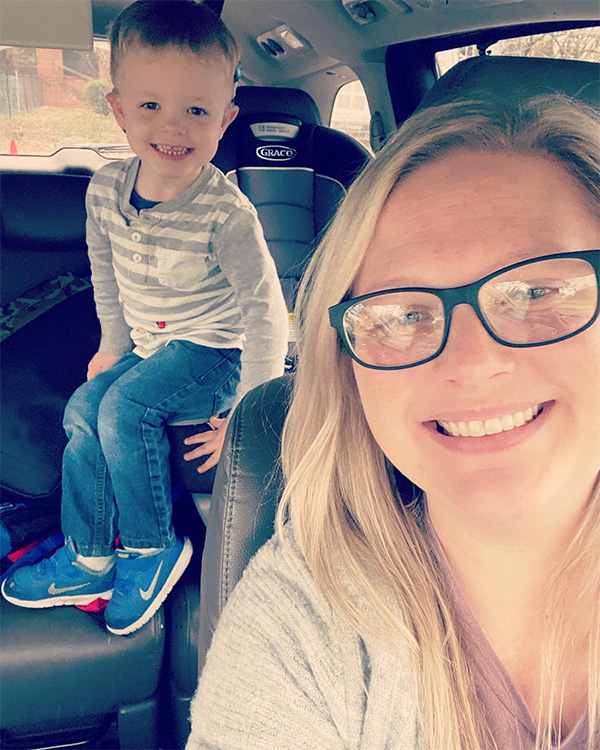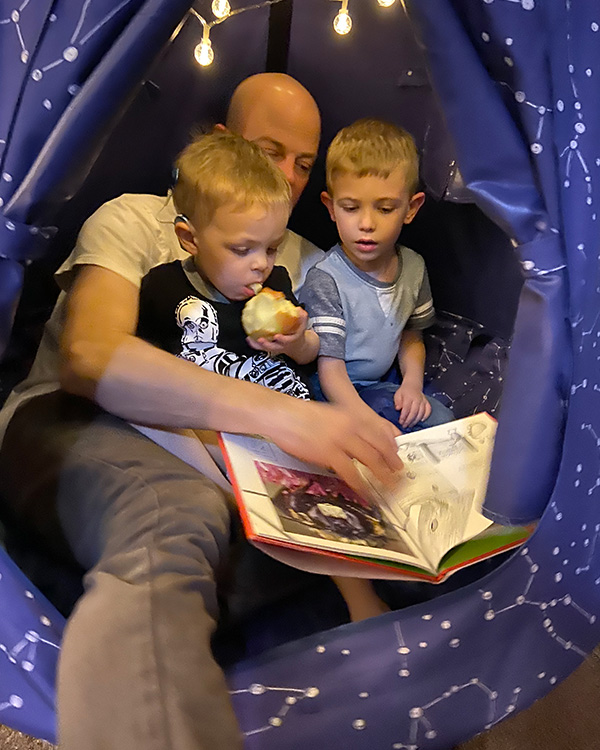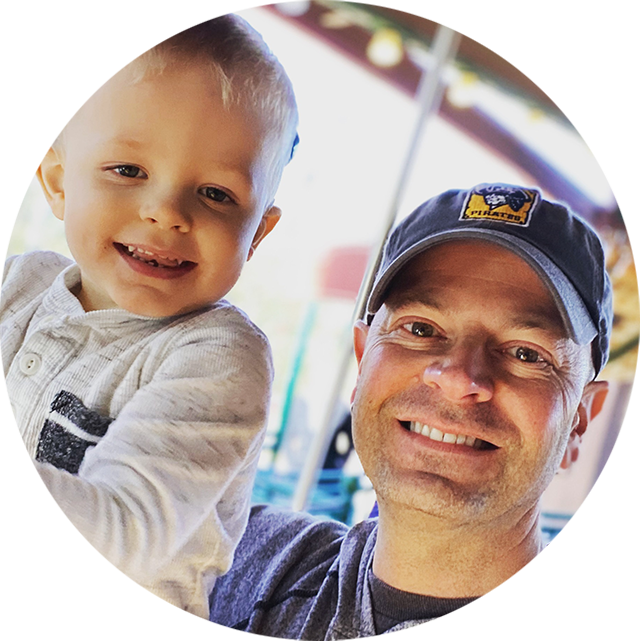What is advocacy at its core? I think it’s a simple request for help.
Stand Up and Speak Up—Advocating for My Child with Hearing Loss
As a parent of a child with hearing loss, I heard the terms “advocacy” and “self-advocacy” almost from day one. I had no idea what that really meant at the time of Miles’ diagnosis. My uneducated perception of being an “advocate” was someone who protested for the rights of others. Was I going to be petitioning city hall? Did I need to print pamphlets? Well, maybe, but advocacy for (possibly) yourself, your child, and the eventual lessons of self-advocacy are steps to ensuring a rich and rewarding life ahead.
Advocacy takes on many forms

Every day, we hear people talk about how to better themselves, their way of life, and to speak up against a situation that may be less than ideal. Parents teach the most basic form of advocacy from an early age. We tell a child to “use their words” to express what they need. But what happens when we don’t have the words, or when we finally start speaking and understanding, but there are other kinds of barriers in our way?
All of us face different forms of obstacles, to varying degrees, every single day. The troubling part is that some of us have more of a struggle to get over the obstacles thrown at us. That’s where we try to take a stand, collectively and individually, to level the playing field for all, no matter the situation.
What is advocacy at its core? I think it’s a simple request for help. For a child with hearing loss, even simple things can be difficult to communicate. If you were like us, any language usually morphed into just pointing and grunting. This may have made life a little easier on us. But it didn’t help our child truly speak up for what he needed. That’s why we started to learn and teach Miles American Sign Language.
Speaking up for himself
After his implant surgery, one of the first things we worked on with Miles was the word “help.” Now that he is speaking, we work even harder. I press him to say (and repeat) “Daddy, I need help.” At three years old, this is where his advocacy will begin. Not only does he need to learn to ask for something, he also needs to vocalize it. A silent voice will not change anything.
One bold way Miles stands up for himself is to argue. To me, arguing is a good thing, because the complex yet important push and pull of constructive arguing breeds advocacy. Miles argues in the form of the typical three-year-old pushback when green beans are on the dinner plate. But he also speaks up in more adverse situations, such as when his older brother takes a toy that he is playing with. Some children would throw their hands up and say “He’s bigger, he can have it.” Miles, on the other hand, speaks up. We fully encourage him to stand up for himself in this way. Then we oversee the arbitration process, and resolve the problem as best as the situation allows.

What is advocacy at its core? I think it’s a simple request for help.
Another interesting development has happened recently. Miles has started to ask for his cochlear implant sound processor by placing his “listening finger” (finger shape of the letter L) to his ear. This is huge. It shows that he wants to hear the world around him, and that he is speaking up for himself to do so.
Step by step
Three basic steps of self-advocacy are: knowing yourself, knowing your needs, and knowing how to get what you need. As I stated before, Miles has started to learn the importance of his devices, which shows me he knows when he can and can’t hear. The next step is when he knows he needs a snack, a change of toy, or when he’s finished playing outside. He is now tackling the third and most important step of learning how to ask, and in a way that is most effective. It’s something we have to work on every day.

As parents of a child with cochlear implants, we have to explain his devices to just about everyone we meet. We have no problem speaking with people about his implants, the surgery, and his accomplishments. So, as we educate, we advocate. Most times people have no idea what is involved with the process, and awareness and understanding is paramount if we are to find empathy and willingness to champion our causes.
In this process, we’ve been gently moving Miles down a path that will hopefully serve him well for the rest of his life. Miles’ road will not be an easy one. Until he can fully speak up for himself, we are his voice. We need to make sure that his rights and access to opportunities are the same as everyone else’s. As we guide him through life, we will also teach him to speak up to instructors or therapists in situations that are less than ideal or non-compliant with applicable accessibility laws (“Teacher, your Roger transmitter isn’t turned on so I can’t hear you…”), and make it right for himself and his peers.
As we look further down the road, there are going to be more situations that require our voices. We will be working on full accessibility in the classrooms and then eventually the workplaces the entire journey. Even though it is a few years out, we are planning our strategy for the best outcome for him. For now, however, we are fully enjoying Miles being a very typical three-year-old, and enjoy the laughs and smiles every single day.
